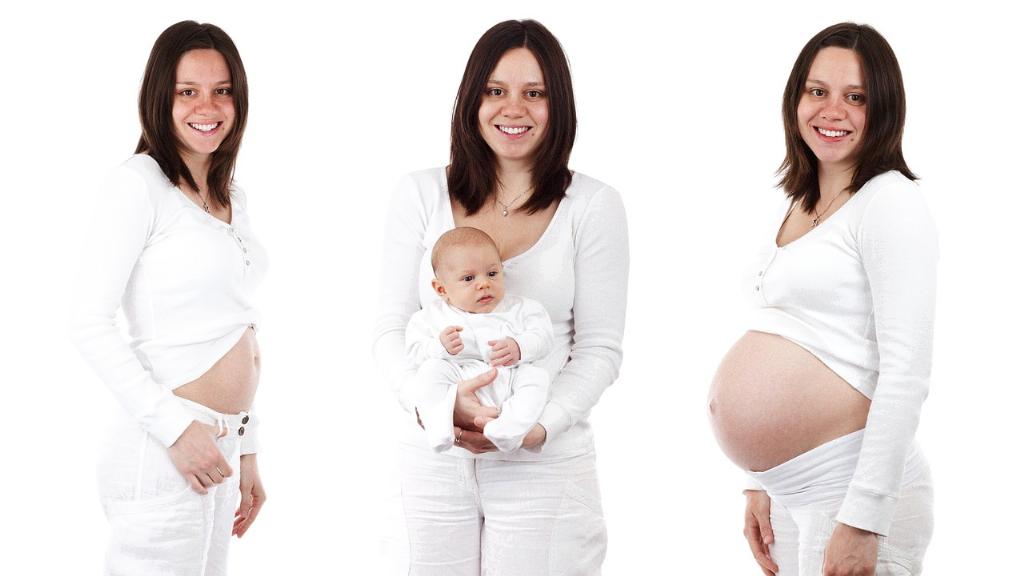When it comes to concerns about yeast infections during pregnancy, one common question that often arises is whether or not a yeast infection can cause a miscarriage. It’s important to understand the relationship between yeast infections and pregnancy outcomes to alleviate any worries or uncertainties that expecting individuals may have.
First and foremost, it’s essential to clarify that yeast infections, on their own, do not typically lead to miscarriages. The presence of a yeast infection does not directly result in pregnancy complications such as miscarriage. The body’s response to a yeast infection is typically localized to the affected area and does not have systemic effects that would significantly impact the developing fetus.
Yeast infections are common during pregnancy due to hormonal changes that can alter the vaginal environment, making it more hospitable to yeast growth. However, these infections are generally mild and can be effectively treated with appropriate medical interventions. It’s crucial for pregnant individuals to seek guidance from their healthcare providers if they suspect they have a yeast infection to receive proper diagnosis and treatment.
One important consideration is that untreated yeast infections can worsen over time if left unaddressed. Symptoms such as itching, redness, and inflammation may intensify, leading to discomfort and potential complications. It is essential to manage yeast infections promptly to prevent any escalation of symptoms and ensure optimal maternal health.
While yeast infections themselves do not typically cause miscarriages, recurrent or severe infections could potentially contribute to increased stress or discomfort during pregnancy. Chronic or severe yeast infections may necessitate more intensive treatment approaches to address underlying factors that could impact maternal well-being.
Effective management of yeast infections during pregnancy involves a combination of medical guidance, proper hygiene practices, and lifestyle adjustments. By adhering to healthcare provider recommendations and maintaining good self-care practices, pregnant individuals can mitigate the impact of yeast infections on their overall well-being and pregnancy outcomes.
It’s important for individuals experiencing yeast infections during pregnancy to communicate openly with their healthcare providers about any concerns or symptoms they may be experiencing. Transparent communication allows for tailored support and treatment recommendations that align with the individual’s specific needs and circumstances.
Yeast infections are typically treated with antifungal medications that are safe for use during pregnancy. Healthcare providers can recommend appropriate treatment options and dosages based on the severity of the infection and the gestational stage of the individual. It’s crucial to follow treatment protocols diligently to achieve effective resolution of the infection.
Addressing yeast infections promptly can help alleviate discomfort and prevent potential complications that may arise from untreated infections. By staying proactive about vaginal health and seeking timely medical attention for any concerns, pregnant individuals can maintain optimal well-being throughout the pregnancy journey.
In conclusion, while yeast infections on their own do not directly cause miscarriages, it is essential to address these infections promptly and effectively during pregnancy to promote maternal health and well-being. With proper medical guidance and self-care practices, managing yeast infections can be a manageable aspect of prenatal care that supports a healthy pregnancy.

